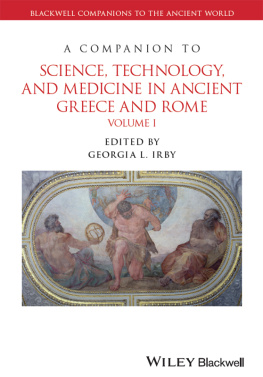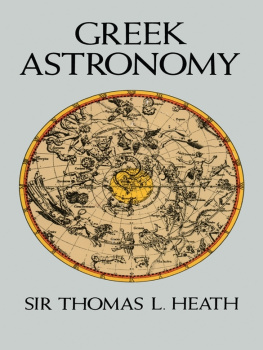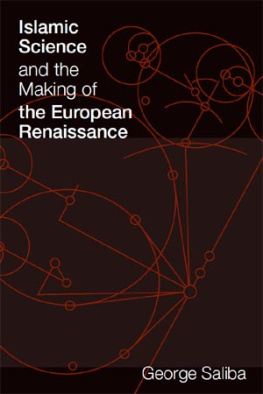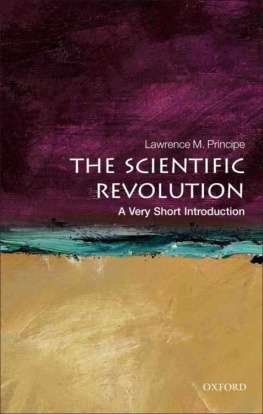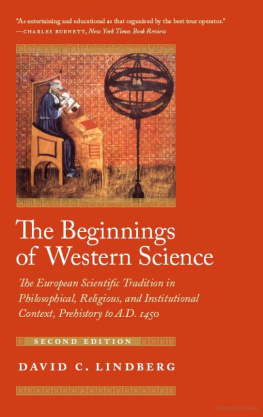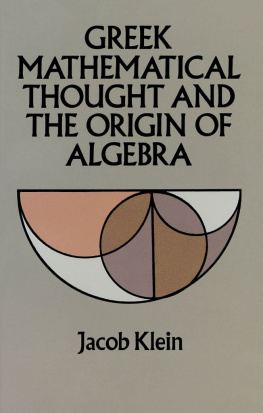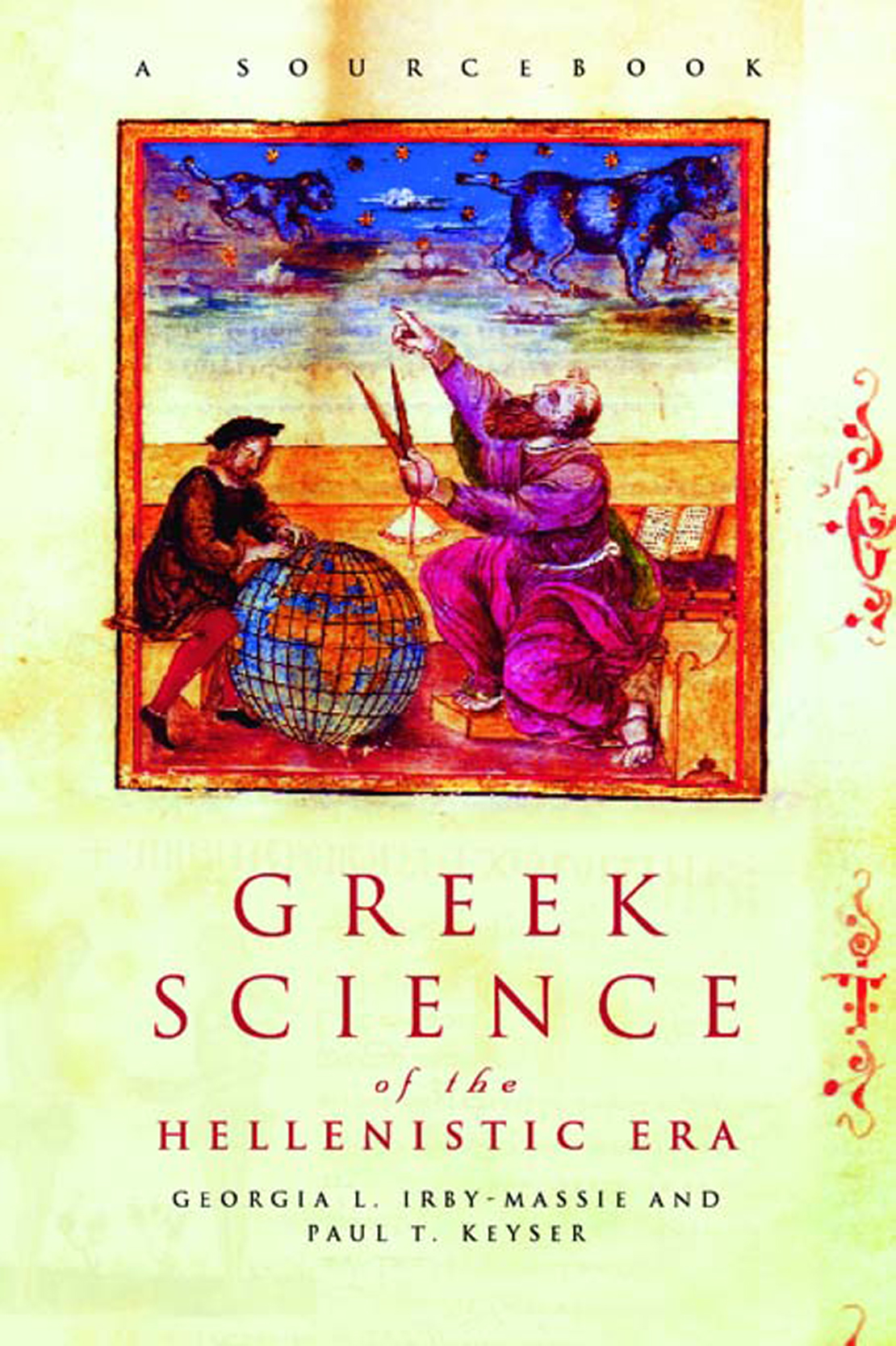GREEK SCIENCE
OF THE
HELLENISTIC ERA
We all want to understand the world around us, and the ancient Greeks were the first to try to do so in a way we can properly call scientific. Their thought and writings laid the essential foundations for the revivals of science in medieval Baghdad and renaissance Europe. Now their work is accessible to all, with this invaluable introduction to almost a hundred scientific authors active from 320 BCE to 230 CE.
The book begins with an outline of a new socio-political model for the development and decline of Greek science. Eleven chapters of fully translated source material follow, with the disciplines covered ranging from the science which the Greeks saw as fundamental mathematics through astronomy, astrology and geography, mechanics, optics and pneumatics, and then on to the non-mathematical sciences of alchemy, biology, medicine, and psychology. Each chapter contains an accessible introduction on the origins and development of the topic in question, and all the authors are set in context with brief biographies.
No other one-volume survey is as up to date, has such broad yet detailed coverage, or offers as many primary sources several of which are not available elsewhere. With clear, accurate translations, and numerous illustrations, this is an essential resource for students of the history of science in general, and ancient science in particular.
Georgia L. Irby-Massie studied mathematics and classics at the University of Georgia, and took her PhD in classics at the University of Colorado. Her publications include works on ancient religion, Roman epigraphy, and ancient science. She currently teaches classics at Louisiana State University.
Paul T. Keyser studied physics and classics at St. Andrew's School, Duke, and Boulder. He did further study at the Center for Hellenic Studies, and has also taught classics. His publications include work on gravitational physics, and on ancient science. He is currently crafting Java for IBM's Watson Research Center.
GREEK SCIENCE
OF THE
HELLENISTIC ERA
A Sourcebook
Georgia L. Irby-Massie and
Paul T. Keyser
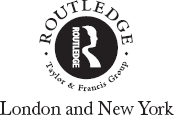
First published 2002
by Routledge
11 New Fetter Lane, London EC4P 4EE
Simultaneously published in the USA and Canada
by Routledge
29 West 35th Street, New York, NY 10001
Routledge is an imprint of the Taylor & Francis Group
Selection and editorial matter 2002 Georgia L. Irby-Massie and Paul T.
Keyser. Individual contributions 2002 the original copyright holders.
Typeset in Baskerville and Syntax by
BOOK NOW Ltd
Printed and bound in Great Britain by
TJ International Ltd, Padstow, Cornwall
All rights reserved. No part of this book may be reprinted or reproduced or
utilised in any form or by any electronic,
mechanical, or other means, now known or hereafter
invented, including photocopying and recording, or in any
information storage or retrieval system, without permission in
writing from the publishers.
British Library Cataloguing in Publication Data
A catalogue record for this book is available from the British Library
Library of Congress Cataloging-in-Publication Data
Irby-Massie, Georgia L. (Georgia Lynette), 1965
Greek Science of the Hellenistic Era : a sourcebook / Georgia L. Irby-Massie and Paul
T. Keyser.
p. cm.
Includes bibliographical references and index.
1. ScienceGreeceHistoryTo 1500. 2. Science, Ancient. I. Keyser, Paul T. (Paul
Turquand), 1957 II. Title.
Q127.G7 172 2002
509.38dc21 2001041999
ISBN 0-415-23847-1 (hbk)
ISBN 0-415-23848-X (pbk)
CONTENTS
CONTENTS
PREFACE
More of Greek science survives than does any other category of ancient Greek literature, and yet much of that is obscure even to classicists. This source-book aims at treatment of that problem, not cure. No consensus on the nature of modern science exists, much less on the nature of ancient Greek science we have therefore preferred inclusion to omission. Although the kosmos is vast and time endless, books and lives are not these selections are a tiny fraction of the texts. Selection and translation distort and disappoint but a warped mirror and dim candle are better than no view at all. A book twice or more the length of this one (as Cohen and Drabkin 1958) and in Greek would be a far better representation and much less read. Most experts will find some favored passage absent.
Division and definition whether of objects or concepts remains a deep conundrum, but our chapter divisions separate segments of Greek science at joints we believe natural. Terminology is a famous difficulty, but various Greek terms did exist which more or less cover the semantic range of science, as well as most of the chapter titles (except psychology, which is thus always in quotation marks). In their synthesis (on which see ), mathematics are foundational and unite astronomy, geography, and physics (mechanics, optics, and pneumatics), while the non-mathematical sciences of natural phenomena (alchemy, biology, medicine, and psychology) stood apart until astrologers proposed planetary sympathy with body-parts, plants, and stones. Since the soul and the heavens were both seen as made of aither, such a framework provided a path to harmony and fulfillment, both individual and social. Other chapter distributions are possible: e.g., fusing astronomy and astrology, and even geography (or else separating cosmology from astronomy); fusing mechanics and pneumatics, and even optics (or else separating out music); fusing biology and medicine, and even psychology (or else splitting biology into botany and zoology), etc. These and other independent possibilities allow for hundreds of choices we cannot please every reader.
Within each field (chapter) we eschew fine distinctions of topic as misleading and arbitrary: each reader will find their own relevant passages. We have preferred fewer longer extracts and a broader range of authors: those readily , thus strictly excluding Aristotle (and the pseudo-Aristotelian corpus) at one end, and all but one Aristotelian commentator at the other. (Hanno and Putheas may stretch the bounds before, while Anatolios and Zosimos extend a bit later.)
Most material is reprinted, but we include over three dozen authors and works hardly found in English (in every chapter save that on pneumatics). Explanatory material in the chapter prolegomena and notes to authors and texts does not argue but states, and experts will readily see where choices were made. (We also assume readers will know or can easily access data on Greek and Greco-Roman culture.) We have also preferred to include more text at the expense of some notes, believing that there is greater value in having more material available, and given that even book-length commentaries on some of these texts would not suffice. The bibliography includes only works in English, appropriate to our intended readership (though experts will recognize that we have studied scholarly literature in German, French, and Italian).
All reprinted translations originally published before 1976 (and a few more recent), except for one papyrus horoscope, have been revised, the better to accord with the Greek (especially those from Stevenson [1932], Cohen and Drabkin [1958], and Bruin and Vondjidis [1971], which are practically new versions). One work is extant only in Armenian, which was checked by G. M. Browne; nine are extant only in Arabic, eight of which were checked by G. M. Browne and Petra M. Sijpesteijn. We have carefully considered their reports but final responsibility for the translations rests with us. (One Arabic text has never been printed, and we were unable to obtain a photograph: Menelaus,

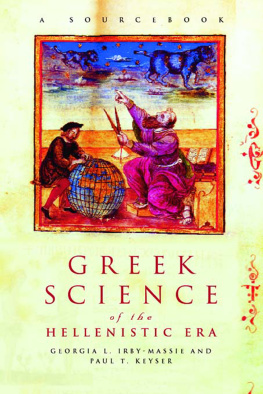

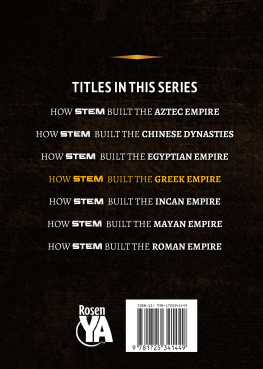
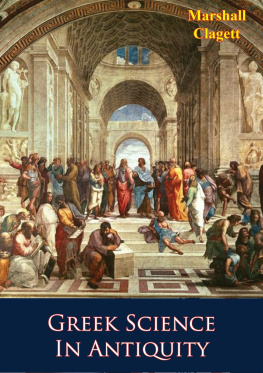
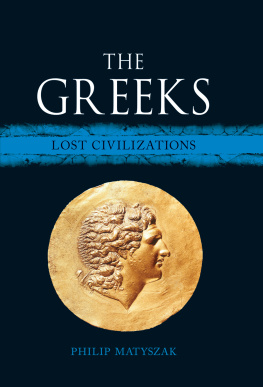
![Michael Lovano - The World of Ancient Greece: A Daily Life Encyclopedia [2 Volumes]](/uploads/posts/book/268736/thumbs/michael-lovano-the-world-of-ancient-greece-a.jpg)

